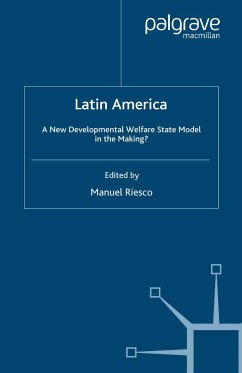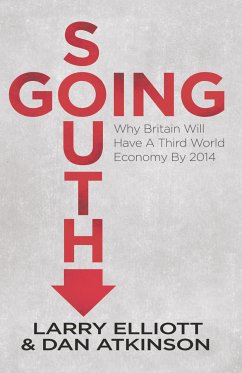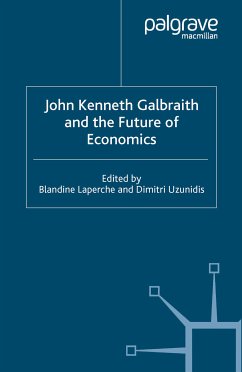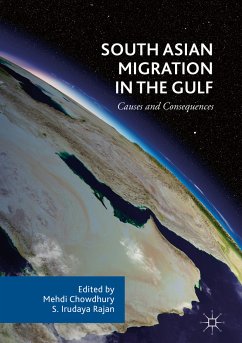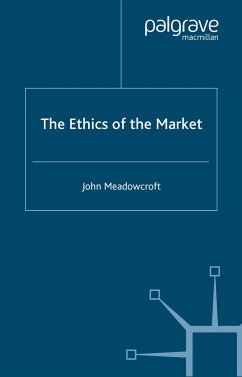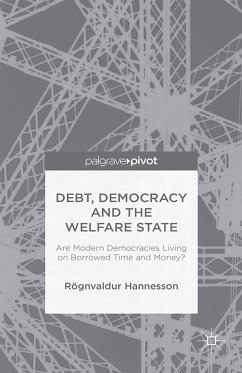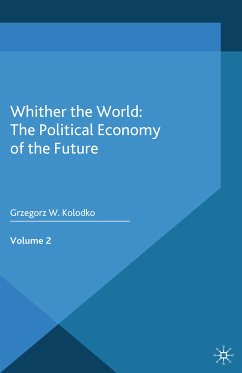
Whither the World: The Political Economy of the Future (eBook, PDF)
Volume 2
Versandkostenfrei!
Sofort per Download lieferbar
40,95 €
inkl. MwSt.
Weitere Ausgaben:

PAYBACK Punkte
20 °P sammeln!
The study deals with challenging questions of long-term future of global economy and the mankind. Focusing not only on what happens in the economic sphere but also on cultural, social, political, demographic, technological, and ecological processes. It employs a holistic approach to answer fundamental questions about the course of the future.
Dieser Download kann aus rechtlichen Gründen nur mit Rechnungsadresse in A, B, BG, CY, CZ, D, DK, EW, E, FIN, F, GR, HR, H, IRL, I, LT, L, LR, M, NL, PL, P, R, S, SLO, SK ausgeliefert werden.



